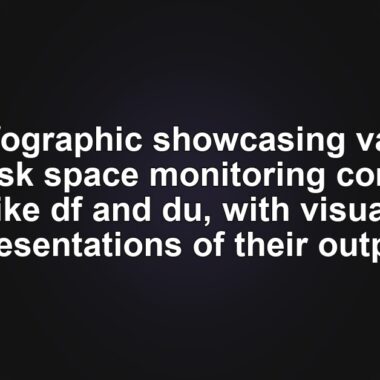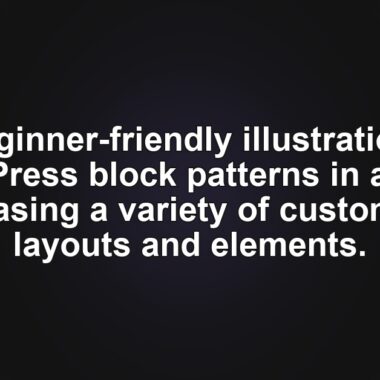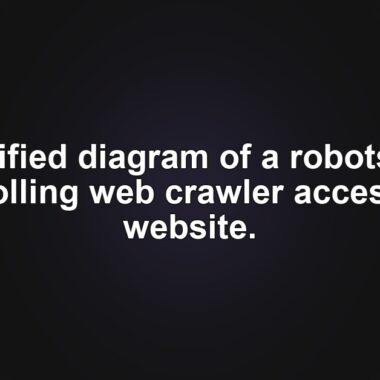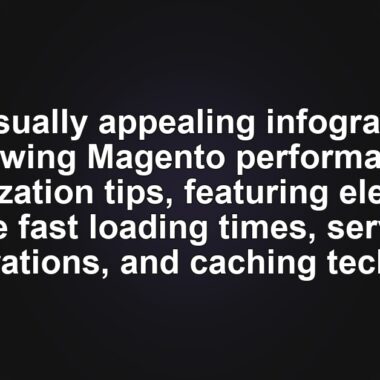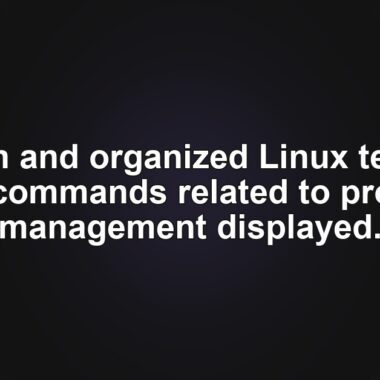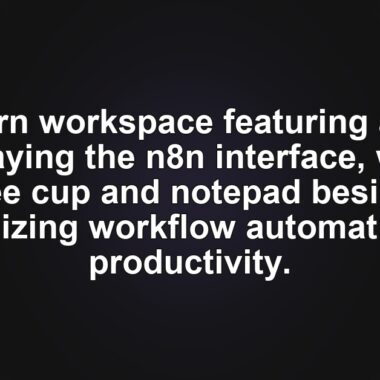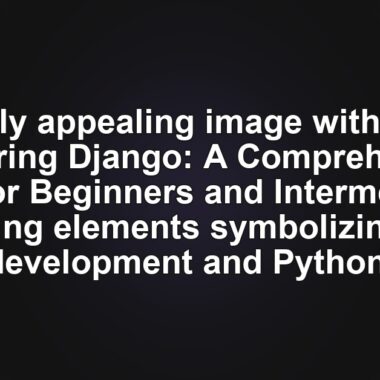Top Web Development Tools for Beginners and Beyond
Choosing the right web development tools can greatly enhance your efficiency as a web developer. Here, we explore top tools for both beginners and advanced users.
What to Look for When Choosing a Web Development Tool?
Using web development tools is crucial when working as a web developer, as they help you create, edit, maintain, and troubleshoot custom web applications. To list the best tools for web development, we considered the following aspects:
- Complexity: Ensure it meets your actual needs and capabilities.
- Security: Look for tools that provide security solutions like cross-site scripting (XSS) management and Web Application Firewalls (WAF).
- Scalability: It should work with both small and large projects.
- Cost: Consider pricing systems; some tools are free, others require subscriptions.
- Programming languages: Pick tools compatible with your programming languages.
- Platform support: Ensure adequate assistance and support in case of software issues.
Top 10 Web Development Tools for Beginners
If you’ve just started your career as a web developer, here are the 10 best web development tools to improve your workflow.
1. GitHub
GitHub is an open-source, cloud-based Git repository hosting service that offers a web-based graphical interface. It can be an excellent platform for expanding your networks and building a personal brand as a web developer. GitHub offers a free plan with unlimited repositories and collaborators and 500 MB of storage space.
2. Chrome Developer Tools
Chrome Developer Tools are a set of web editing and debugging tools built into the Google Chrome browser. Using it, developers can easily view and update web pages’ styles, debug JavaScript code, and optimize website speed.
3. Sublime Text
Sublime Text is the best option for beginners who have just started learning how to code. It’s an all-in-one text editor for code, markup, and prose. It’s lightweight yet still offers advanced features like simultaneous editing to control multiple cursors.
4. Marvel
Marvel is one of the best wireframing tools to quickly and easily design different projects. This web-based collaborative design platform offers robust prototyping and user testing features.
5. Visual Studio Code
Visual Studio Code is an open-source code editor that runs on Windows, Linux, and macOS. It includes built-in features such as syntax highlighting, auto-complete, and Git commands to make coding faster and easier.
6. Node Package Manager (npm)
Node Package Manager (npm) is a JavaScript software registry for sharing and deploying local or global packages. JavaScript developers can use npm to find and install code packages for their networking applications or server-side projects.
7. Sass
Syntactically Awesome Style Sheets (Saas) is one of the most popular preprocessors for the CSS framework. CSS developers mostly use it to add more logical syntax to a CSS site, such as variables, nested rules, and loops.
8. Bootstrap
Bootstrap is a widely-used front-end development framework for creating responsive web applications. It features various HTML, CSS, and JavaScript-based scripts for web design components and functions.
9. Grunt
Grunt is a powerful JavaScript task runner for automating repetitive tasks like unit testing, minification, and compilation. It enables users to improve project efficiency by reducing development time.
10. Ruby on Rails
Ruby on Rails is a popular full-stack framework for building reliable web apps quickly. This framework can be used for server-side development, such as managing servers’ databases and files.
Looking to host your client project? Explore Hostinger for professionals.
Top 10 Web Development Tools for Advanced Developers
Here are the ten best options for experienced developers looking for web development tools to scale up their skills and projects.
1. Postman
Initially a Google Chrome extension, Postman has now become one of the top application programming interface (API) testing tools. It provides an easy way for web developers to build, test, share, and modify APIs.
2. Docker
Docker is an open-source tool for deploying applications inside virtual containers. Using Docker containers allows developers to quickly deploy and scale applications across multiple environments.
3. Kubernetes
Kubernetes (K8s) is an open-source container orchestration platform for deploying, scaling, and managing modern web applications. It organizes the application containers into logical units for easy discovery and management.
4. Sketch
Sketch is one of the best web development tools for designing pixel-perfect graphics. It includes a robust vector-based design toolkit that makes it easy to create all kinds of interfaces and prototypes.
5. NGINX
NGINX is an open-source web server software that can act as a load balancer, HTTP cache, and reserve proxy. Its ability to handle multiple connections at high speed makes it ideal for developing resource-intensive websites.
6. Flutter
Flutter is a web development tool for building cross-platform mobile applications. It is an open-source project supported by Google.
7. ReactJS
ReactJS is a free and open-source JavaScript library for creating modern and responsive web and mobile app user interfaces.
8. Angular
Angular is a front-end web development application framework for creating a wide range of apps, including single-page applications (SPAs), progressive web applications (PWAs), and large enterprise apps.
9. Vue.js
Vue.js is a front-end development tool to help developers build web applications and mobile apps with ease.
10. Laravel
Laravel is an open-source web application framework that enables PHP developers to create everything from single-page websites to enterprise-level applications.
Web Development Tools FAQ
The following questions and answers will help you understand web development tools better.
Which Tool Is Best For Beginner Developers?
For beginner developers, tools like Codecademy, Udacity, and FreeCodeCamp are ideal. They offer interactive courses and tutorials for learning programming languages such as HTML, CSS, and JavaScript. Additionally, text editors like Visual Studio Code and Atom are popular choices for writing and editing code.
What Are the Different Types of Web Development?
The different types of web development include front-end, back-end, and full-stack development. Front-end development focuses on the user interface and user experience of a website, while back-end development deals with server-side and database management. Full-stack development involves both front-end and back-end development.
Conclusion
Web development tools are necessary to reduce the complexity of front-end and back-end development workflows. Choosing tools that fit your budget and project scale can influence its success and efficiency. In this article, we have listed the top 20 web development tools available for beginners and software professionals alike. If you have other suggestions, don’t hesitate to leave us a comment below.
Starter-Pack HTML Section
Top 40 Web Development Companies
What Is a Development Environment?
Best Website Optimization Tools to Improve Site Speed
👉 Start your website with Hostinger – get fast, secure hosting here 👈
🔗 Read more from MinimaDesk:
- How to Disable xmlrpc.php in WordPress: A Step-by-Step Guide
- Mastering the WP-Content Directory in WordPress
- The Ultimate Guide to WP-Content: Access, Upload, and Hide Your WordPress Directory
- How Many WordPress Plugins Are Too Many? Optimize Your Site for Success
🎁 Download free premium WordPress tools from our Starter Tools page.
